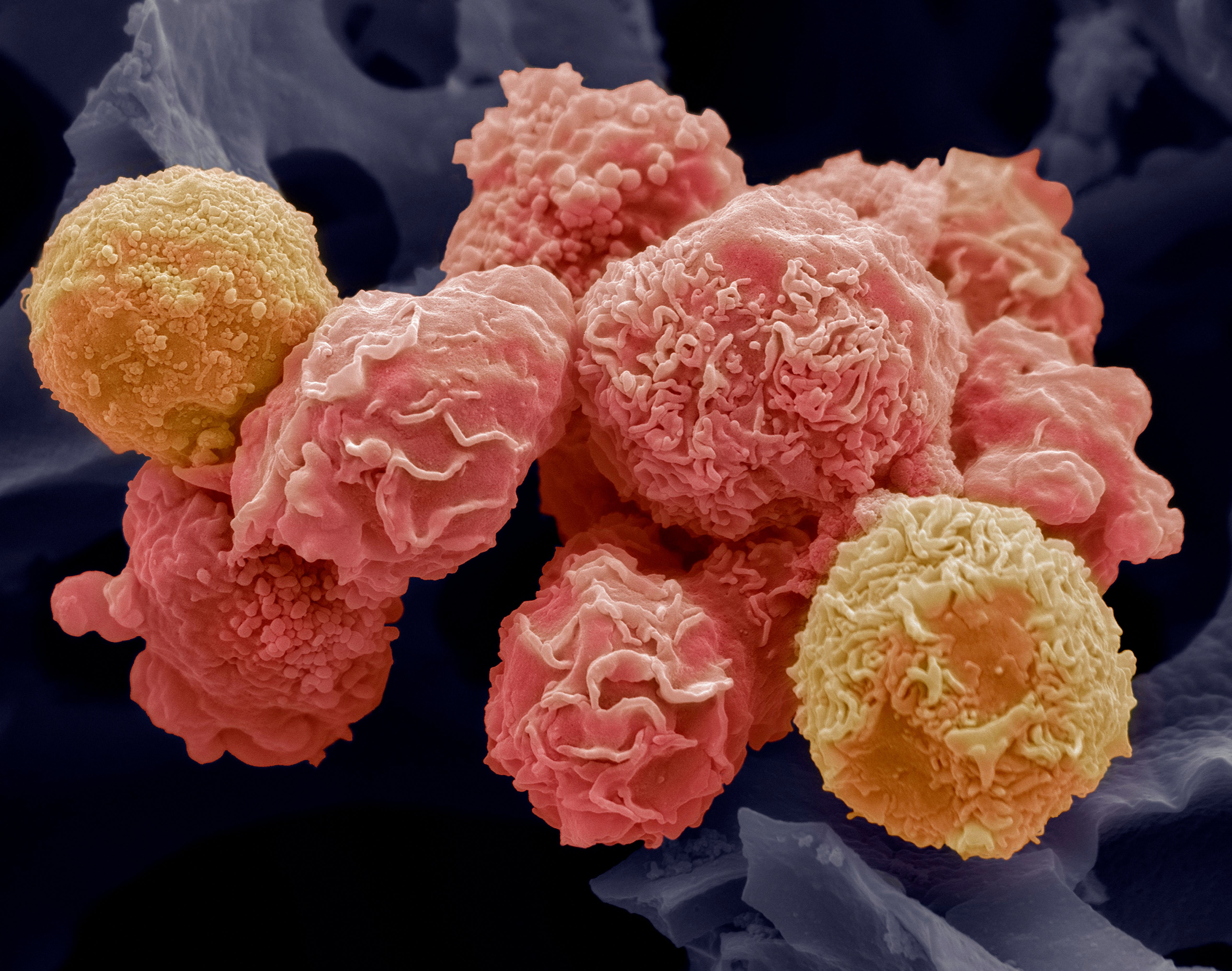
Drugs originally developed to treat diseases ranging from diabetes to alcoholism may have applications in cancer treatment, according to a new study. Researchers tested thousands of existing medications, many of which have already been approved by the U.S. Food and Drug Administration for treating diseases other than cancer, against hundreds of different human cancer cell lines in the lab. The study revealed dozens of newly identified cancer-killing compounds.
Lead author Steven Corsello practices oncology at the Dana-Farber Cancer Institute and researches new cancer drug development at the Broad Institute of the Massachusetts Institute of Technology and Harvard University. He says he regularly treats patients with chemotherapy medications, many of which were developed decades ago. “I deeply appreciate the need for improved and better-tailored cancer therapy,” he says. But new drug development is costly and time-consuming—often requiring years of painstaking research—and potential treatments rarely progress beyond the lab. Even when a medication makes it to clinical trials, it must undergo years of safety testing. And many of those that kill cancer efficiently are also so toxic to test subjects that they are never approved.











